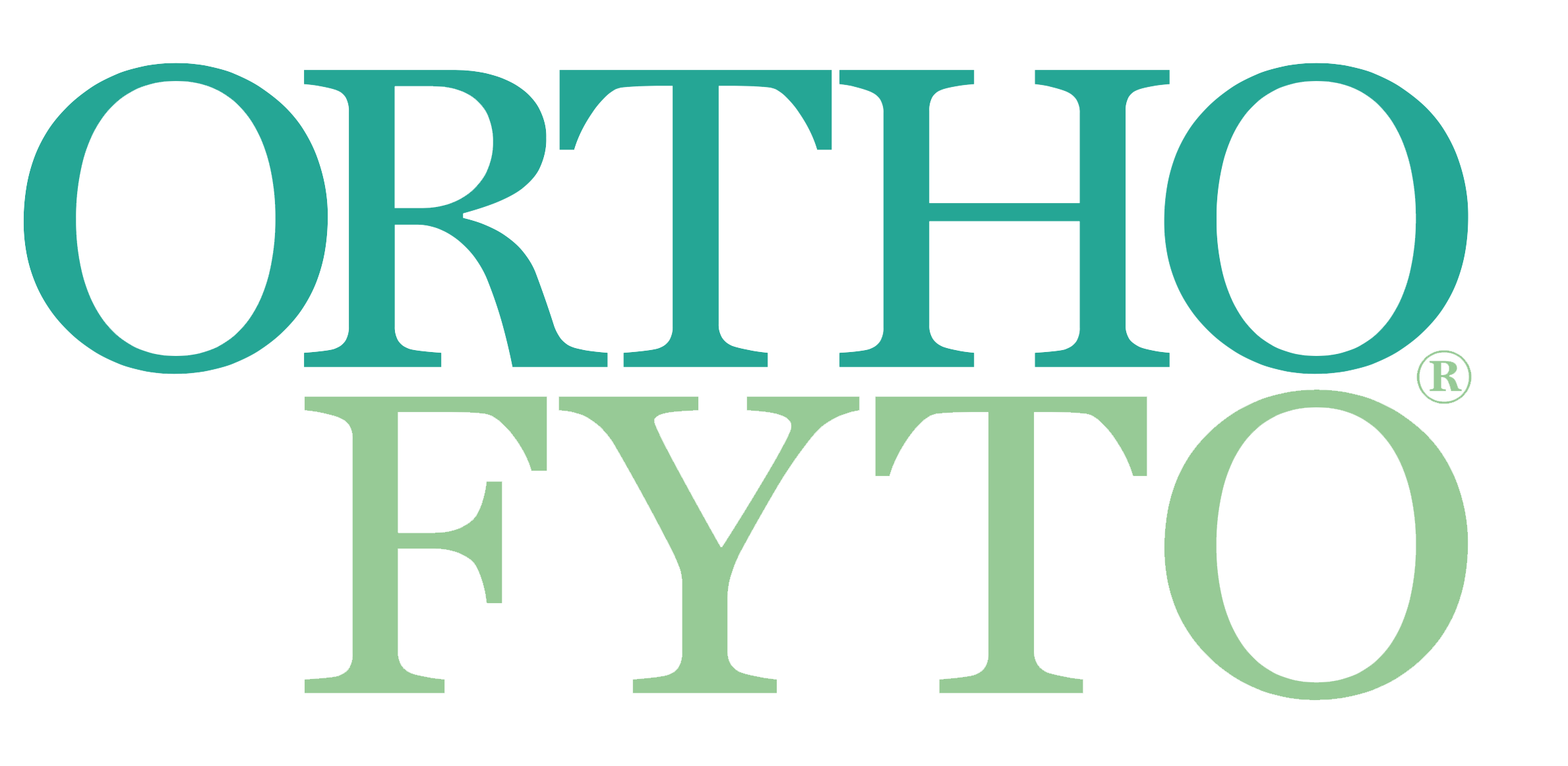Meer energie, minder stress en positiever ingesteld dankzij rhodiola
10 Apr, 2025
Door Geert Verhelst
We ervaren stress als een uitwendige stimulus ons biologisch of psychologisch evenwicht verstoort. Normaal beschikken we over neurohormonale regelsystemen om het evenwicht te herstellen, maar dat lukt steeds minder bij de moderne mens. Mogelijke gevolgen zijn zenuwachtigheid, vermoeidheid, burn-out, depressiviteit, geheugen- en concentratieverlies. Rhodiola is een adaptogene plant die hierbij kan helpen.
Rhodiola of rozenwortel (Sedum roseum, Rhodiola rosea) is een van het Himalayagebergte afkomstige plant, die zich verspreidde over de koude bergstreken van Azië en Europa. Deze tot 70 cm hoge plant met vlezige, elliptische bladeren, bloeit met schermen van kleine, stervormige bloemen met een kastanjebruine tot vaalpaarse kleur (mannelijke bloemen) of een gele, roze tot rode kleur (vrouwelijke bloemen). Ondergronds vertoont ze een naar rozen geurende, oranjerode, diep reikende penwortel.
Volksgeneeskunde
De rhodiolawortel wordt al heel lang gebruikt in de volksgeneeskunde van Rusland, Oost-Europa, Scandinavië en Azië bij mentale en fysieke stress, vermoeidheid, energiegebrek en depressiviteit. Ook wordt het ingezet om ouderdomsverschijnselen tegen te gaan, het koude klimaat beter te trotseren en het libido en de vruchtbaarheid te verhogen. Bovendien is het interessant ter preventie van verkoudheden en griepachtige symptomen. Rhodiola dankt haar werkzaamheid vooral aan het fenolglycoside salidroside en aan fenylpropaanderivaten, voorop de rosavines rosavine, rosine en rosarine, alsook aan flavonoïden en diverse fenolzuren.
Van stress tot burn-out
In het moderne razendsnelle leven ondervinden velen een overdosis stress. Helaas beschikt de westerse mens vaak niet over de nodige stressbestendigheid om die overmatige druk op te vangen met allerlei mentale en fysieke klachten en zelfs burn-out tot gevolg. Tegenwoordig erkend en opgenomen in de ‘International Classification of Diseases’ van de WHO1, spreekt men van burn-out bij een combinatie van drie elementen: energiegebrek tot regelrechte uitputting, negatieve gevoelens of onvoldoende voldoening aangaande de job en een verminderde efficiëntie op het werk. Geschat wordt dat 30% van de leraren en studenten geneeskunde tot 72% van de professionelen onder zware stress op de rand van burn-out balanceren.2,3,4
Lees het gehele artikel vanaf pagina 27 in OrthoFyto 2/25.
Wilt u het gehele artikel als PDF bestand ontvangen? Bestel het dan hier voor € 3,50.
Bronvermelding:
1. World Health Organization (WHO). International Statistical Classification of Diseases and Related Health Problems (ICD) 11. QD85 Burn-out. Geneva: WHO; 2019.
2. Gomez-Urquiza JL, De la Fuente-Solana EI, Albendin-Garcia L, et al. Prevalence of Burnout Syndrome in Emergency Nurses: A Meta-Analysis. Crit Care Nurse.2017 Oct;37(5):e1-e9.
3. Rotenstein LS, Torre M, Ramos MA, et al. Prevalence of Burnout Among Physicians: A Systematic Review. JAMA. 2018 Sep 18;320(11):1131-50.
4. Heinemann LV, Heinemann TH. Burnout Research: Emergence and Scientific Investigation of a Contested Diagnosis. SAGE Open. 2017 January-March:1-12.
5. Panossian A., Wikman G. Effects of Adaptogens on the Central Nervous System and the Molecular Mechanisms Associated with Their Stress-Protective Activity. Pharmaceuticals. 2010;3:188–224.
6. Kasper S, Dienel A. Multicenter, open-label, exploratory clinical trial with Rhodiola rosea extract in patients suffering from burnout symptoms. Neuropsychiatr Dis Treat. 2017;13:889-98.
7. Gambert S. Why do I always feel so tired? Evaluating older patients reporting fatigue. Consultant. 2013;53(11):785-9.
8. Abidov M, Crendal F, Grachev S, Seifulla R, Ziegenfuss T. Effect of extracts from Rhodiola rosea and Rhodiola crenulata (Crassulaceae) roots on ATP content in mitochondria of skeletal muscles. Bull Exp Biol Med. 2003 Dec;136(6):585-7.
9. Lekomtseva Y, Zhukova I, Wacker A. Rhodiola rosea in Subjects with Prolonged or Chronic Fatigue Symptoms: Results of an Open-Label Clinical Trial. Complement Med Res. 2017;24(1):46-52.
10. Olsson EM, von Scheele B, Panossian AG. A randomised, double-blind, placebo-controlled, parallel-group study of the standardised extract shr-5 of the roots of Rhodiola rosea in the treatment of subjects with stress-related fatigue. Planta Med. 2009 Feb;75(2):105-12.
11. Darbinyan V, Kteyan A, Panossian A, et al. Rhodiola rosea in stress induced fatigue--a double blind cross-over study of a standardized extract SHR-5 with a repeated low-dose regimen on the mental performance of healthy physicians during night duty. Phytomedicine. 2000;7(5):365-71.
12. Spasov AA, Wikman GK, Mandrikov VB, et al. A double-blind, placebo-controlled pilot study of the stimulating and adaptogenic effect of Rhodiola rosea SHR-5 extract on the fatigue of students caused by stress during an examination period with a repeated low-dose regimen. Phytomedicine. 2000;7(2):85-9.µ
13. Shevtsov VA, Zholus BI, Shervarly VI, et al. A randomized trial of two different doses of a SHR-5 Rhodiola rosea extract versus placebo and control of capacity for mental work. Phytomedicine. 2003;10(2-3):95-105.
14. De Bock K, Eijnde BO, Ramaekers M, Hespel P. Acute Rhodiola rosea intake can improve endurance exercise performance. Int J Sport Nutr Exerc Metab. 2004 Jun;14(3):298-307.
15. Abidov M, Grachev S, Seifulla RD, Ziegenfuss TN. Extract of Rhodiola rosea radix reduces the level of C-reactive protein and creatinine kinase in the blood. Bull Exp Biol Med. 2004 Jul;138(1):63-4.
16. Yu L, Qin Y, Wang Q, Zhang L, Liu Y, Wang T, Huang L, Wu L, Xiong H. The efficacy and safety of Chinese herbal medicine, Rhodiola formulation in treating ischemic heart disease: a systematic review and meta-analysis of randomized controlled trials. Complement Ther Med. 2014 Aug;22(4):814-25.
17. Mao JJ, Xie SX, Zee J, et al. Rhodiola rosea versus sertraline for major depressive disorder: A randomized placebo-controlled trial. Phytomedicine. 2015 Mar 15;22(3):394-9.
